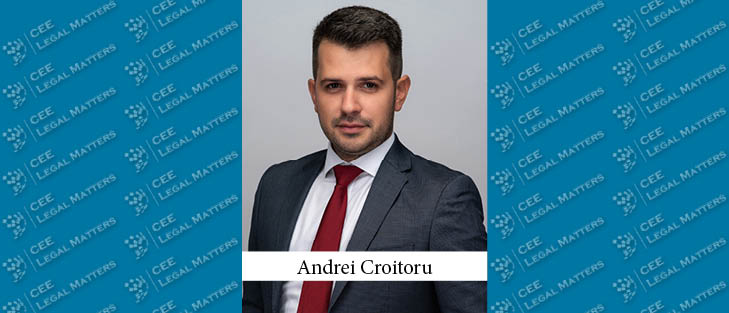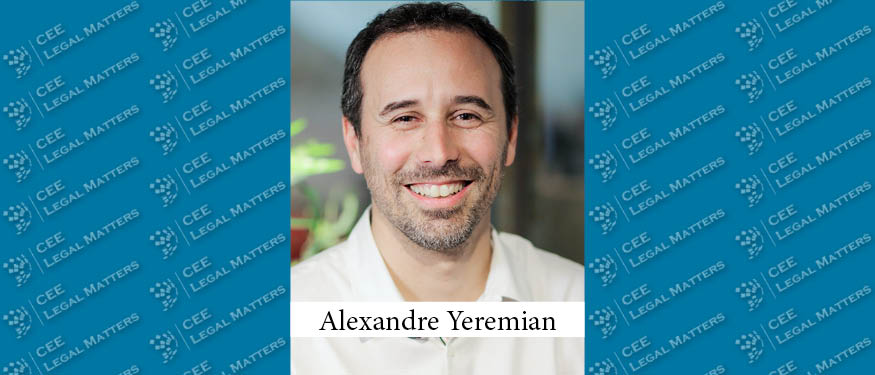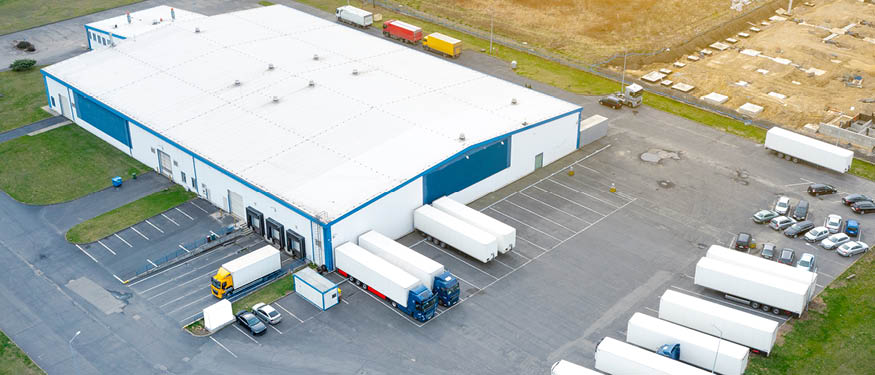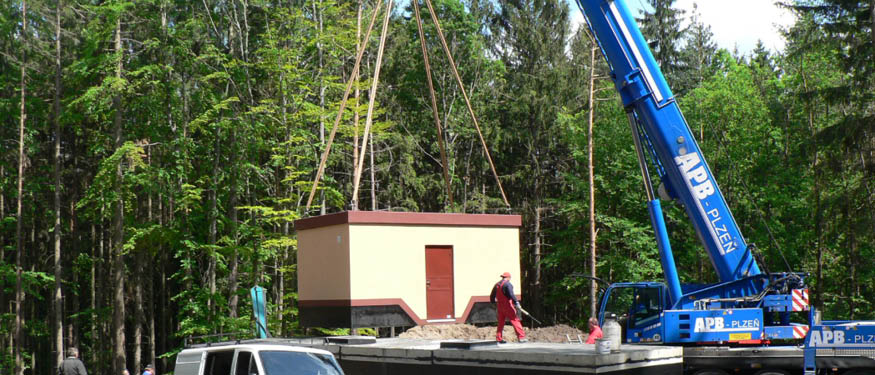This article is part of a series on developments in Austrian environment and climate change law in 2022 and, in particular, focuses on case law developments. For further details on legislative developments see, "Key developments in Austrian environment and climate change law in 2022: part one – legislation".
2022 was not only a busy year for the legislature, marked by the late effects of the covid-19 pandemic and Russia's military activity in Ukraine, but also for the supreme courts. Case law in environmental and climate change law mainly dealt with the expansion of renewable energy and infrastructure, the party status of environmental organisations and subtleties in waste law.
Supreme Administrative Court
This section provides an overview of the most important case law of the Supreme Administrative Court, as the highest instance of legal protection in administrative law in Austria.
In 2022, the Court remained true to its friendly approach to environmental organisations, briefly summarised below.
- First, the Court stated that – unlike other parties under Austrian law – environmental organisations (EOs) do not have to prove an interest in legal protection when filing an appeal regarding a violation of EU environmental law. The Court noted that, in general, it is permissible under national law to make a remedy available to individuals only in the case of a violation of subjective rights. However, based on EU environmental law, such a limitation may not be applied to EOs. For more information see, "Court further strengthens participation rights of environmental organisations".
- However, the legal consequences of the delayed filing of an application for restitution in integrum apply to EOs too, provided that the EO has had a reasonable opportunity to inform itself about the approval procedure before the contested decision was issued. Since the objection of the time limit for appeal does not contradict the principle of effectiveness, according to the Court there is no need to obtain a preliminary ruling from the European Court of Justice (ECJ).
- Furthermore, the Court decided on the requirements for an eligible complaint by EOs in approval procedures under the Austrian Water Rights Act (WRA). EOs must refer to the provision of the WRA in question in a complaint and submit why they assume that a project violates this provision. In addition, EOs can also have the question of an Environmental Impact Assessment (EIA) obligation reviewed in the appeal procedure and have party status in the respective procedure, provided that the EIA obligation is claimed to be "conceivable". For more information see, "New Supreme Administrative Court decision on Augarten lowering regarding specific rights of recognised environmental organisations".
Renewable energy
Moreover, in line with the legal developments regarding the expansion of renewable energy, the case law of the Court also focused on climate protection. There have only been a few decisions by the Court that would stop the expansion of renewable energy power plants. Most complaints against renewable energy power plants have already been rejected or dismissed by the administrative courts. However, two decisions of the Court are worth mentioning.
- On the one hand, the Court ruled that project applicants may submit several applications for permits for wind park projects at the same site at the same time and that it is up to them to decide which project to choose.
- On the other hand, the Court did not admit an appeal against a decision of an administrative court which gave priority to a large hydropower plant in Tyrol in a dispute under the WRA. Thus, priority was given to the larger plant, which better met the requirements for the expansion of renewable energy and climate protection.
Railroad expansion
In addition to the expansion of renewable energy, the Court also dealt with the expansion of infrastructure. For example, the development of the Westbahn railroad (a four-track expansion with sectional rerouting of the existing currently two-track western railway line in the Linz – Marchtrenk section) was approved. According to the Court, contrary to the appellant's appeal, the basic approval granted under the EIA Act did not have to be subjected to a strategic environmental assessment.
Waste law
In waste law matters, the Court maintained its strict interpretation regarding the end of waste status according to Austrian law and case law.
In the opinion of the Court, sewage sludge produced during wastewater treatment is waste, even if it is incinerated after mechanical dewatering in an incineration plant and a residual waste incineration plant, and the resulting heat is used in the form of steam for the energy supply of paper and pulp production. The Court held that the Austrian legal situation, according to which the end of the waste status only occurs upon fulfilment of certain generally defined prerequisites, is in line with EU law.
Furthermore, according to the Court, it is in line with EU law that – if no criteria for the end of waste status have been established at EU level for a particular type of waste – the end of waste status depends on whether there are criteria for a particular type of waste established on a national level. A waste holder cannot, therefore, demand that the competent authority establishes the end of waste status.
In this context, however, a recent decision of the ECJ on several questions referred by an Austrian regional administrative court could turn the question of the end of waste status in a different direction. According to the ECJ, uncontaminated excavated soil of the highest quality is not to be classified as waste. If such excavated material is subjected to a recovery process and all criteria under the EU Waste Framework Directive are met, it can be assumed that the waste status of this material has ended. One of the reasons given by the ECJ for the decision was that the use of excavated soil as a construction material – provided it meets strict quality requirements – has a significant benefit for the environment, as it contributes to waste prevention, the protection of natural resources and the development of a circular economy.
Since the ECJ ruled that the Austrian provisions on the concept of waste are too strict, at least in the case of uncontaminated excavated soil, and thus are contrary to EU law, it remains to be seen how the Austrian legislation and case law will react to this decision.
Constitutional Court
The Constitutional Court issued only a few decisions of interest to environmental law in 2022.
In September 2022, the Constitutional Court annulled a zoning plan adopted in 2003 because it violated an ordinance concerning green zones. Since the zoning plan had been in existence for about 20 years, various buildings and businesses had been erected in this area, which would now be unlawful. In practice, the existing buildings may, in principle, remain in place, but planned new buildings or extensions are now inadmissible due to the lack of a valid zoning plan.
It is also interesting to note the Constitutional Court's line of case law on the party status of EOs – in contrast to that of the Court. According to the Constitutional Court, EOs do not have party status because this requires "genuine" subjective public rights. Therefore, the only place where a violation of subjective environmental protection provisions under EU law can be asserted is before administrative courts.
Comment
Looking back, 2022 brought exciting court decisions. Combined with the Austrian legislature's ambitious goals for an energy turnaround, project applicants, authorities and the courts will be kept busy for a long time to come.
By Sarah Wolf and Jutta Mayer, Associates, Schoenherr






















